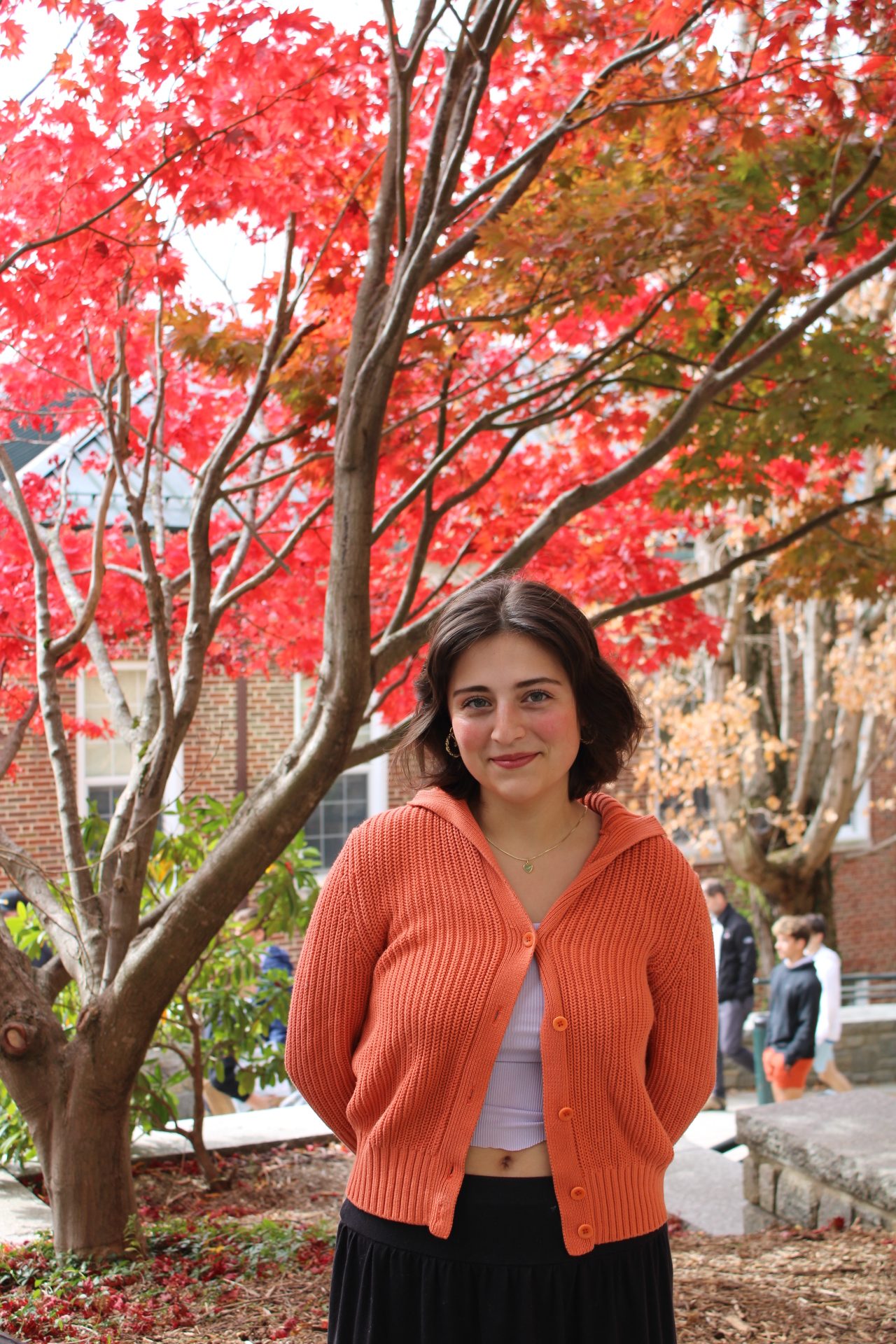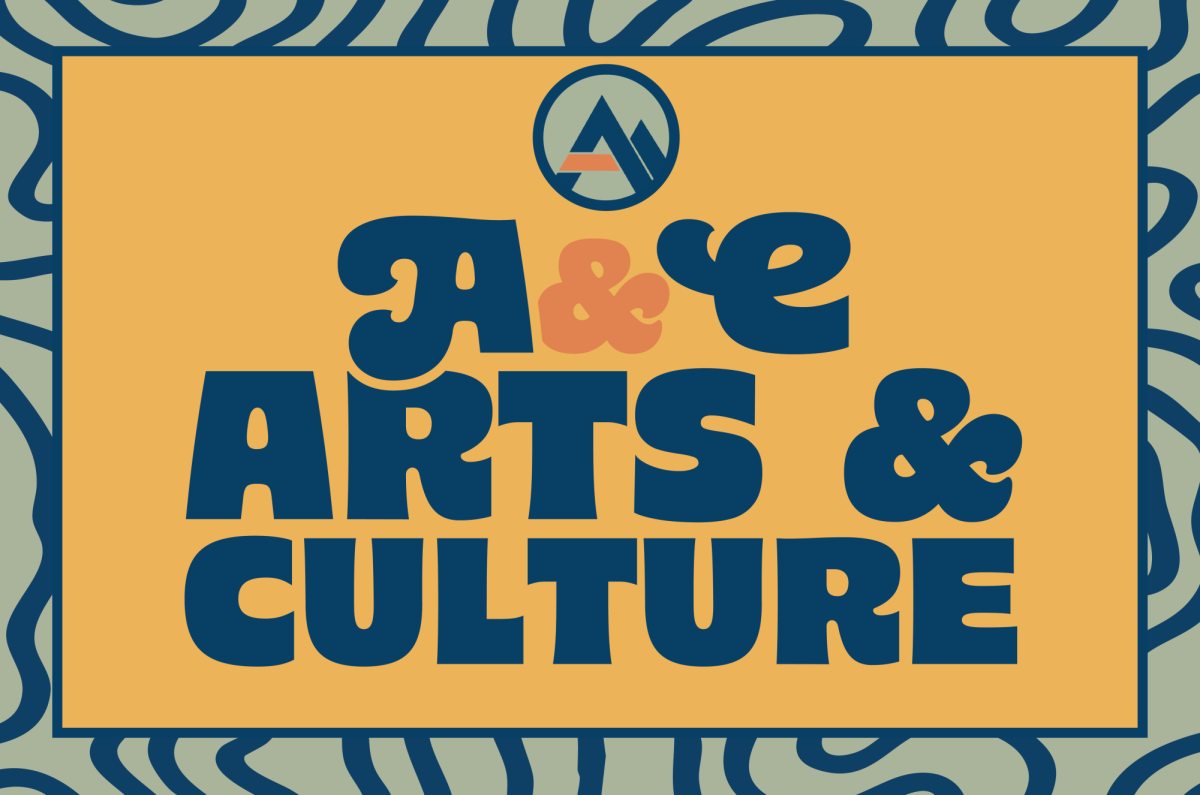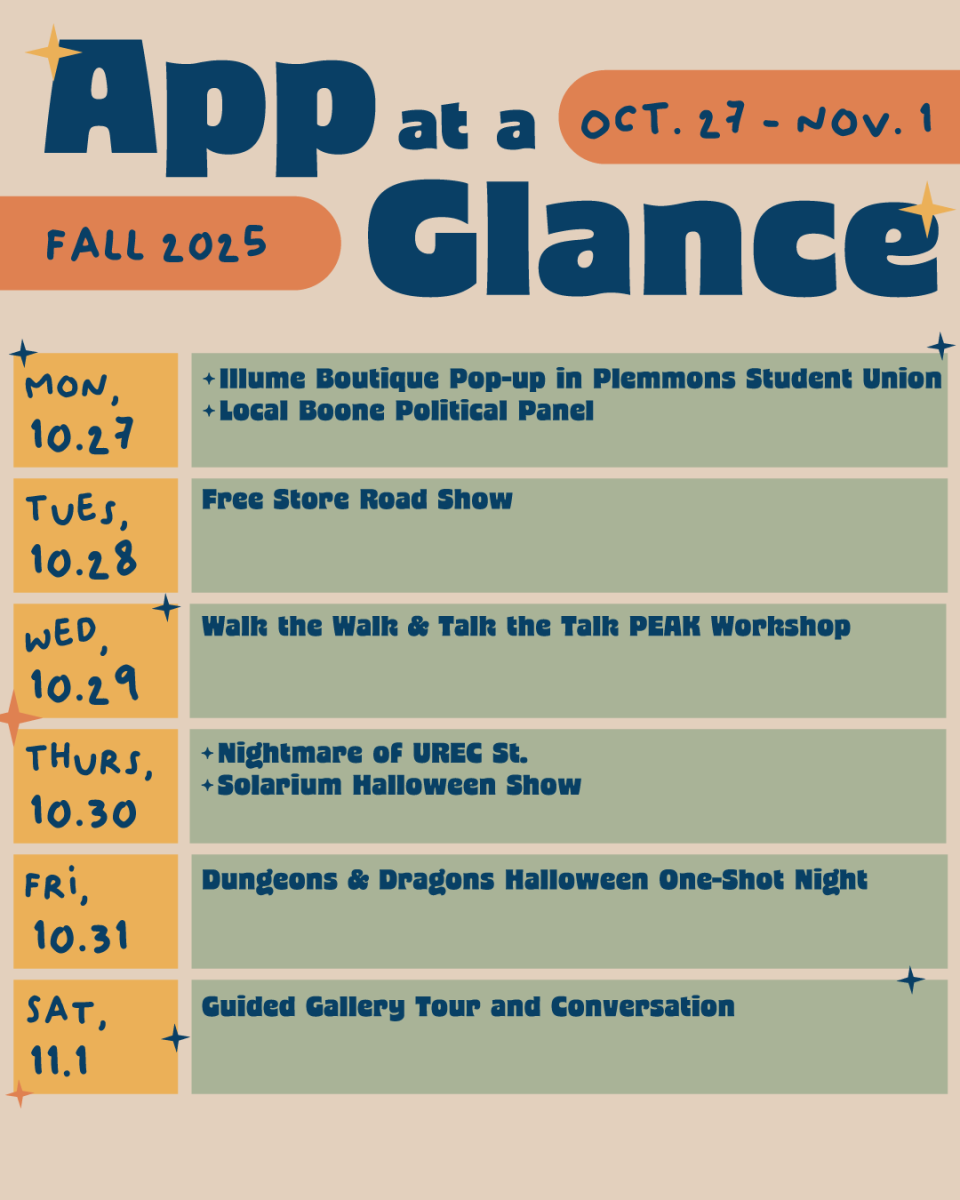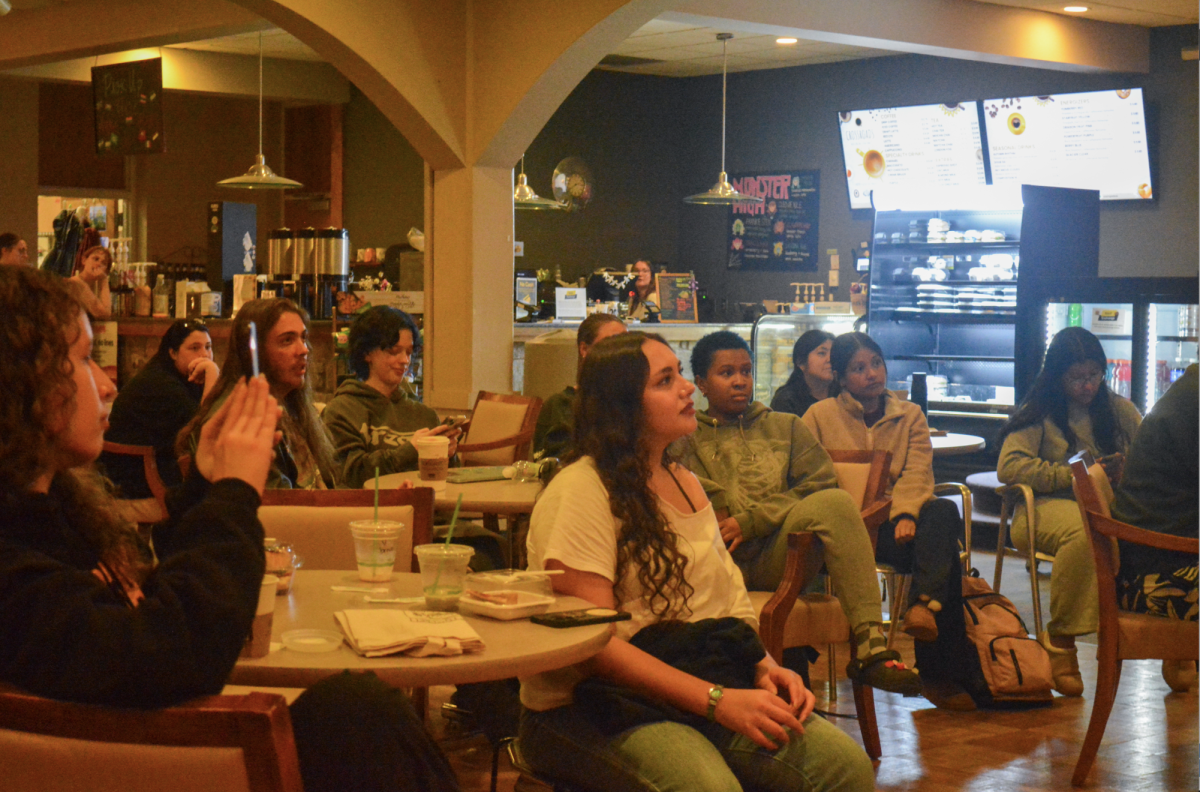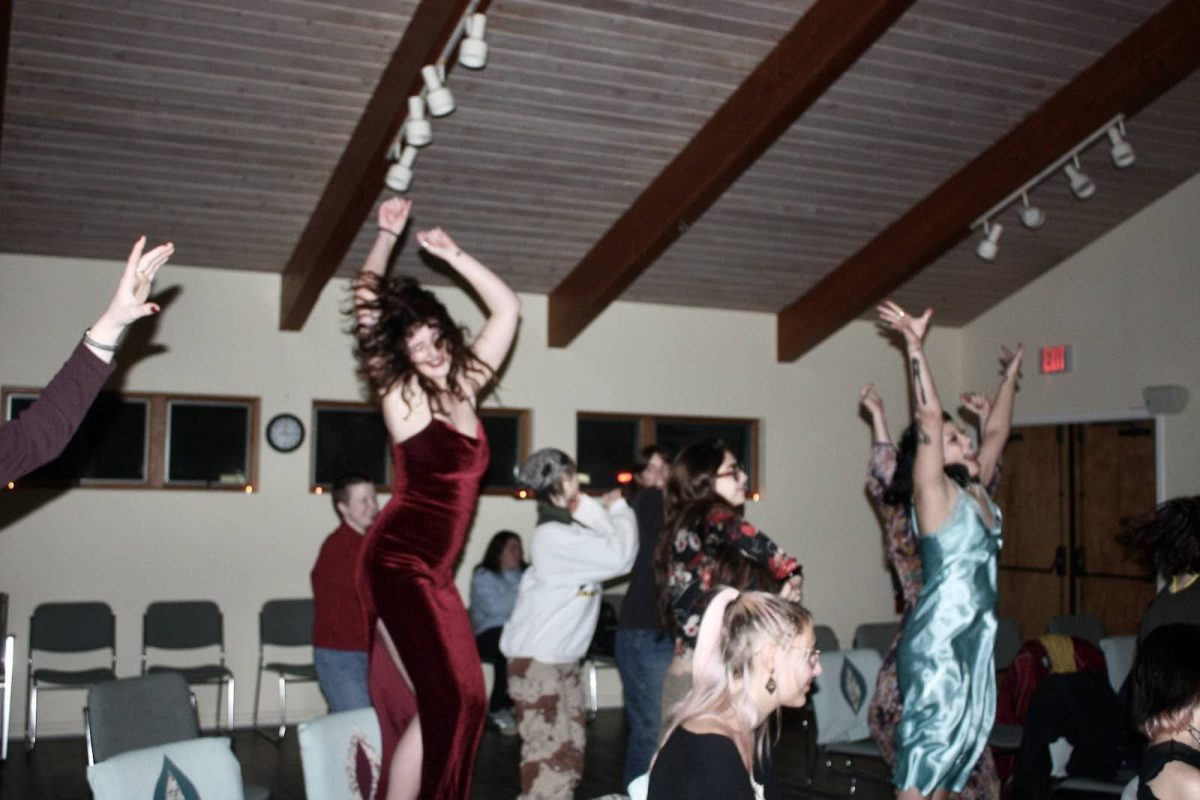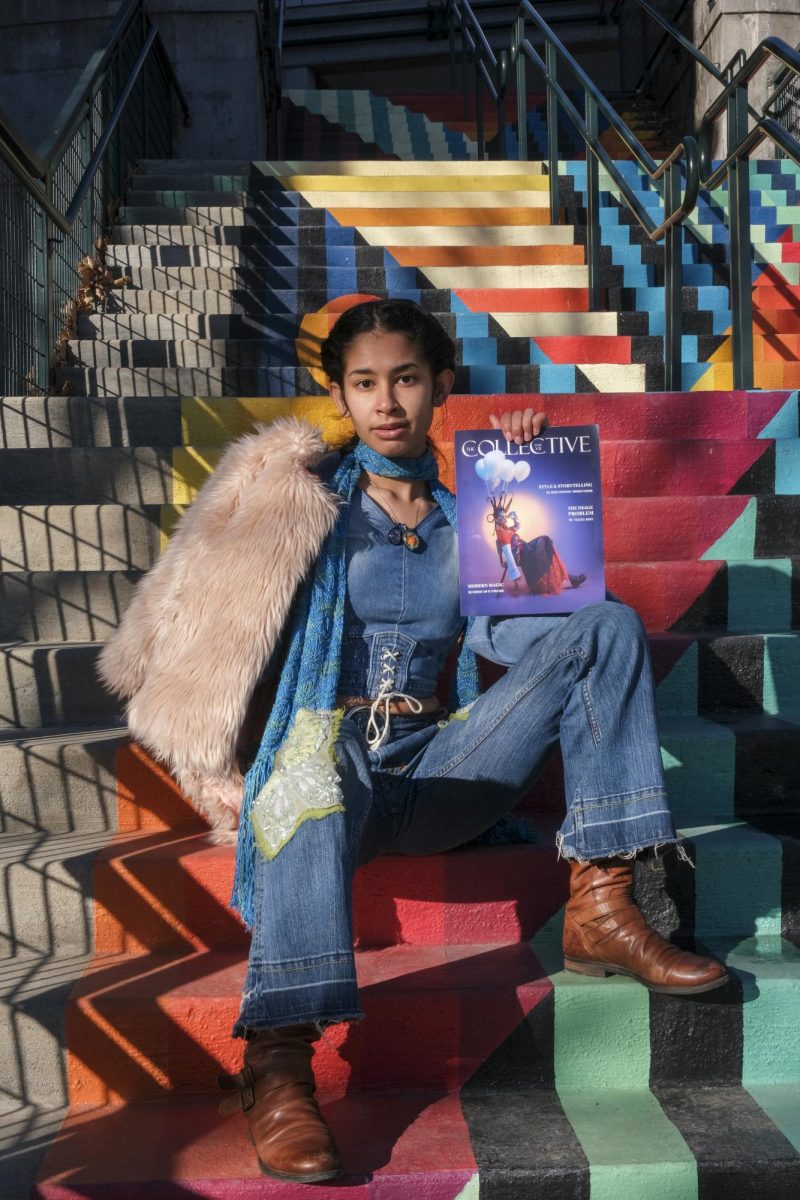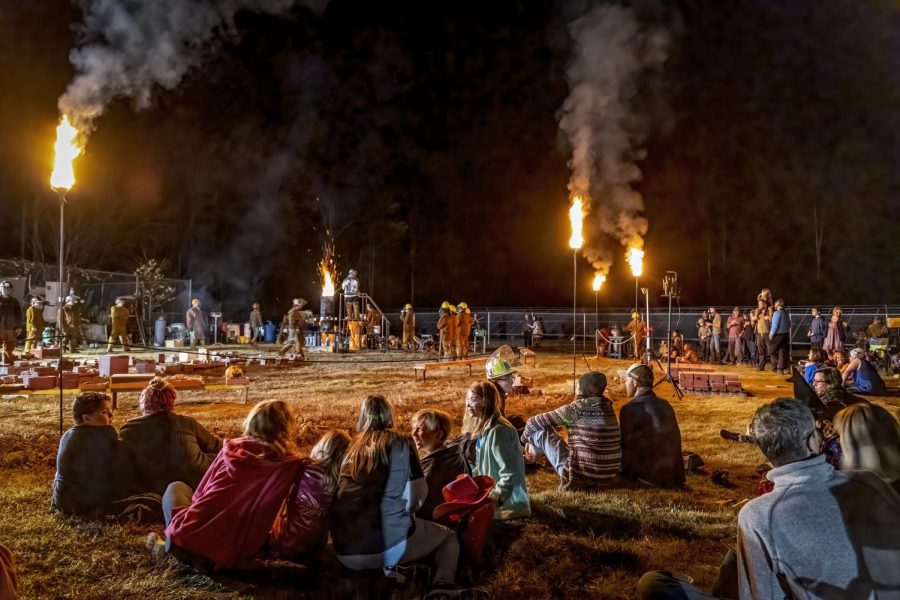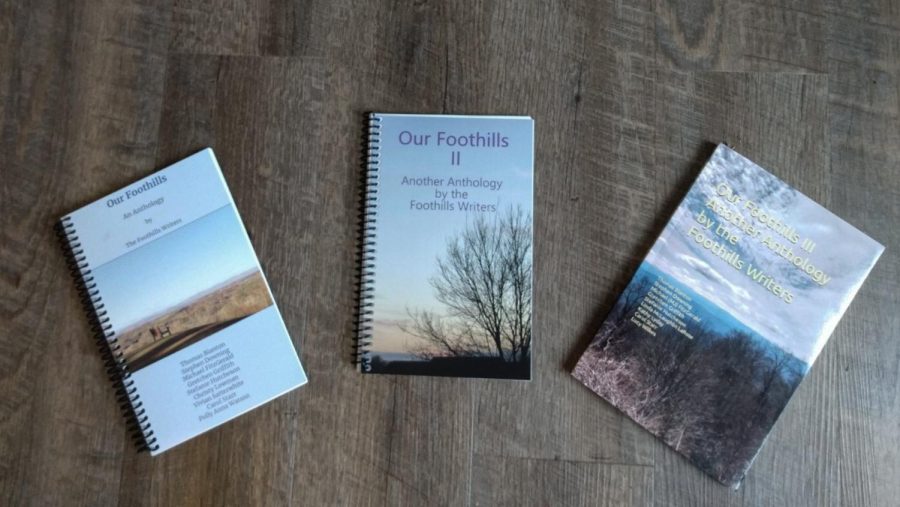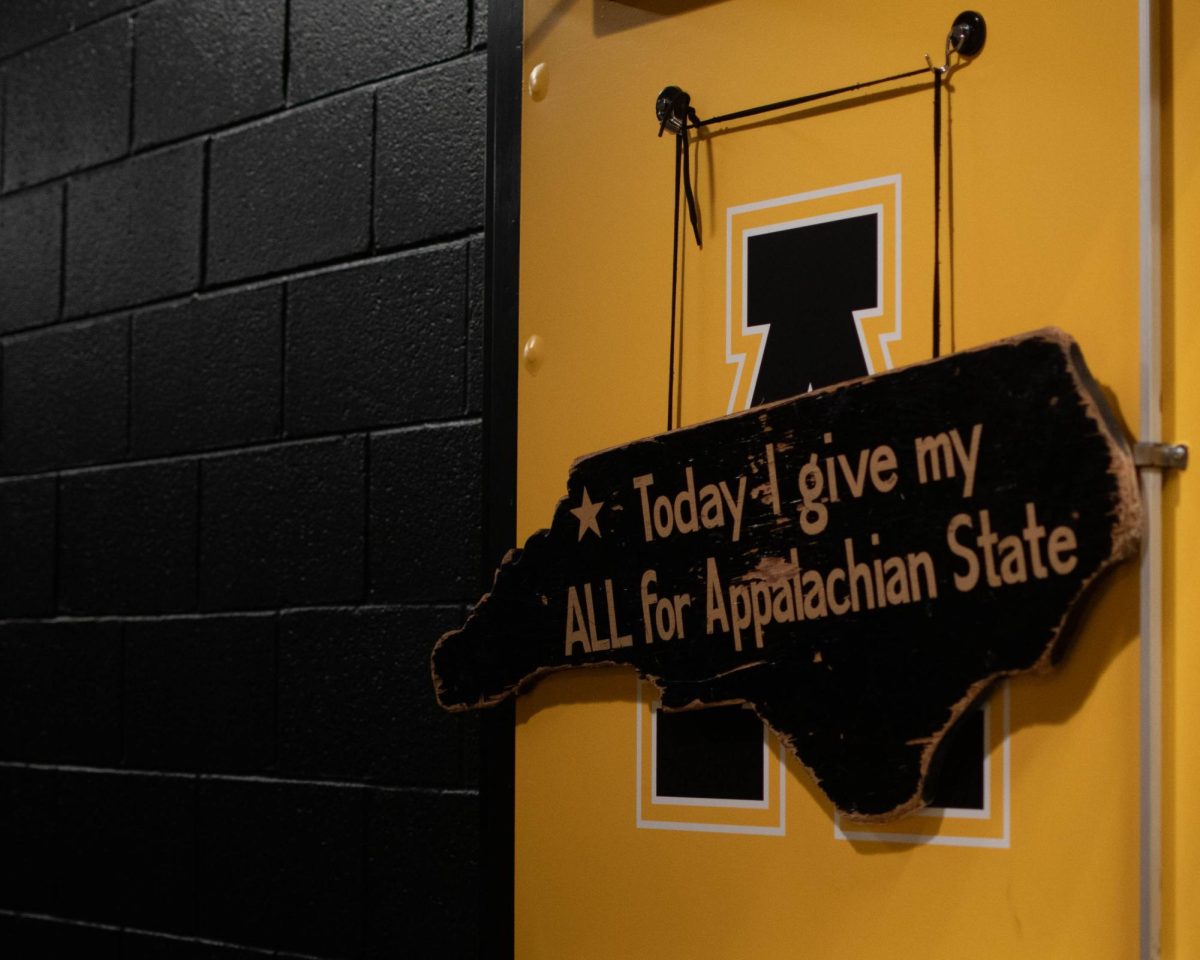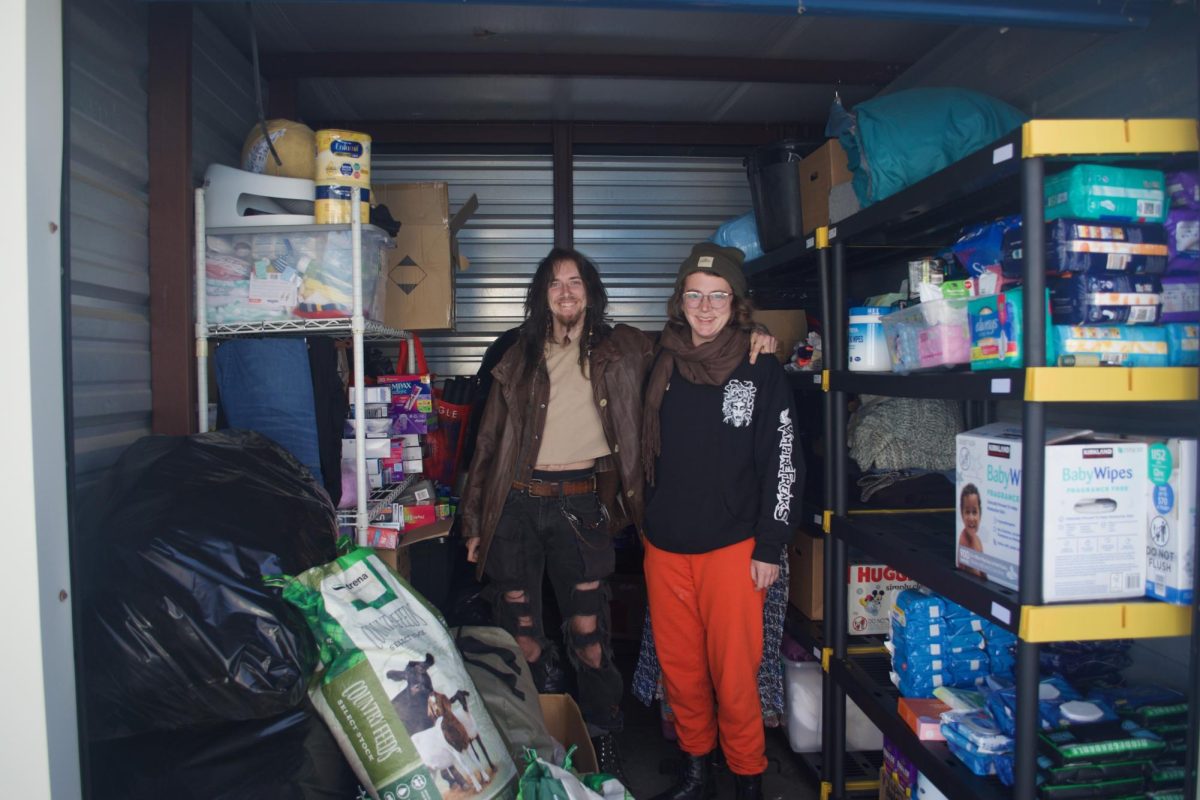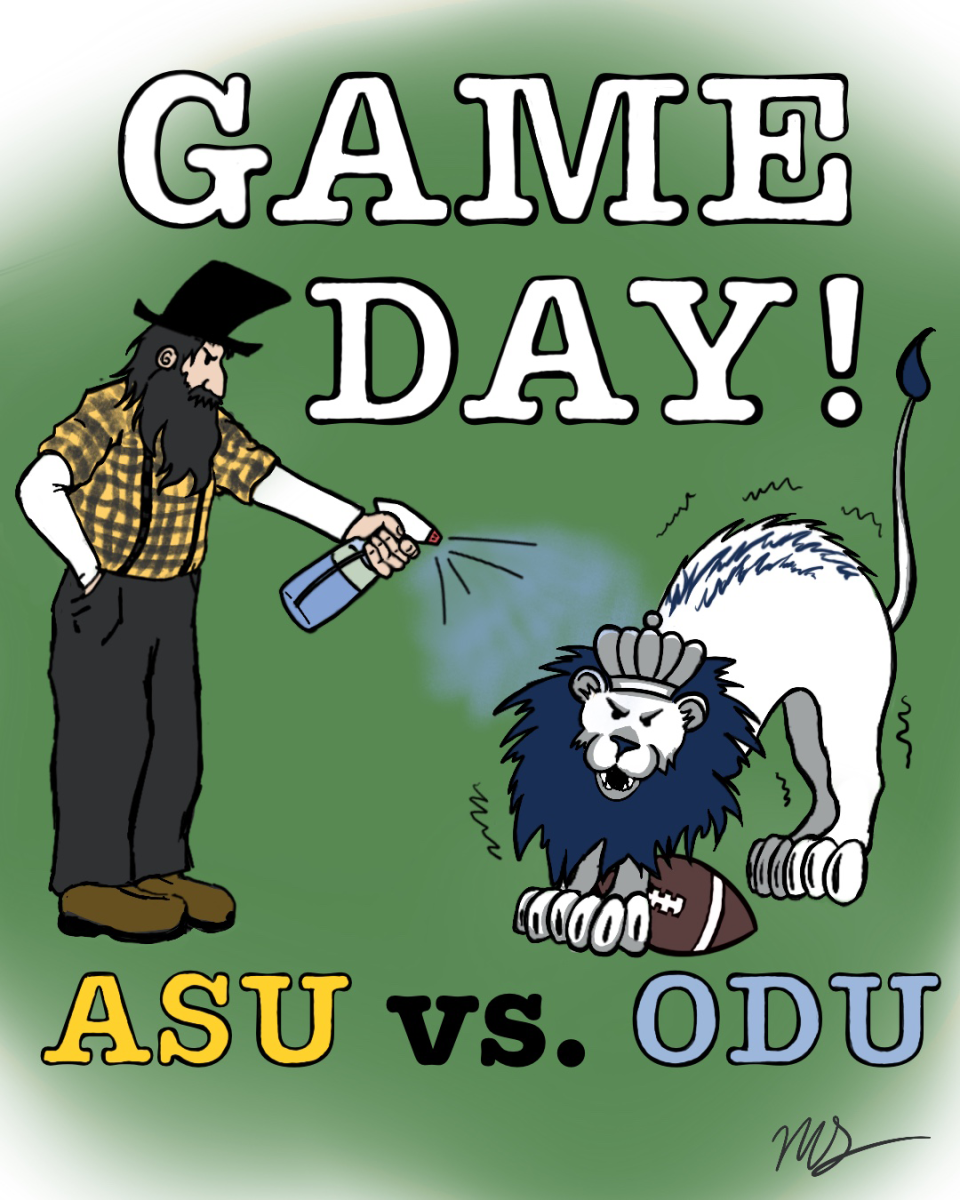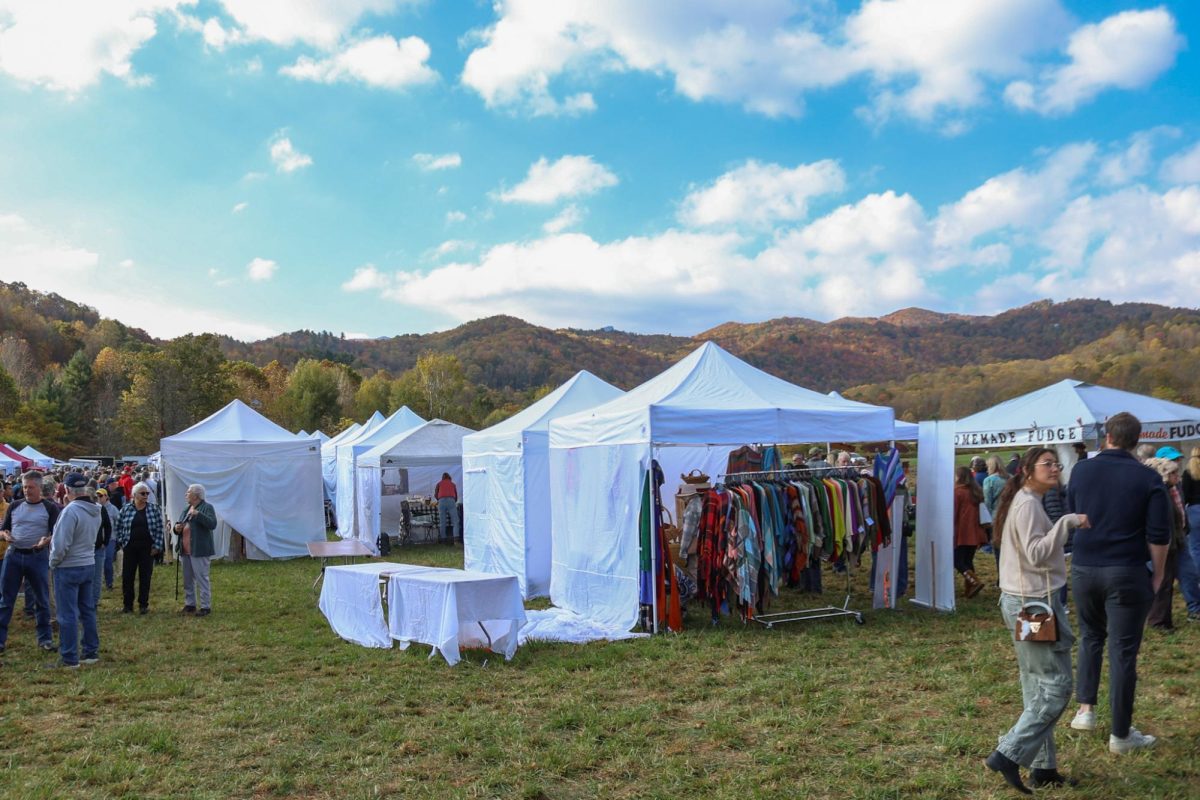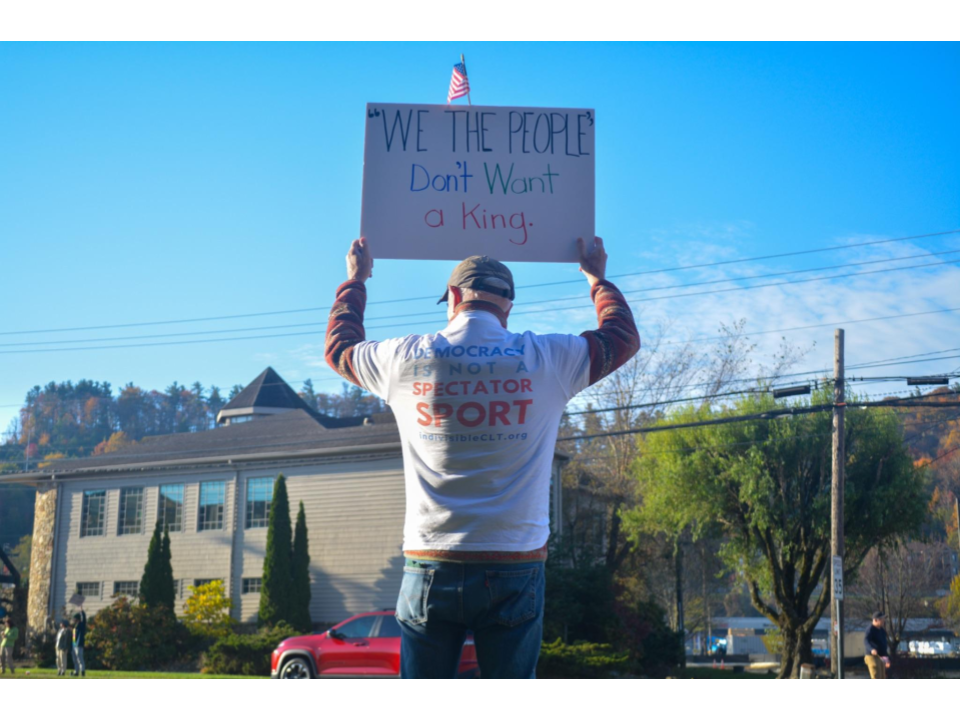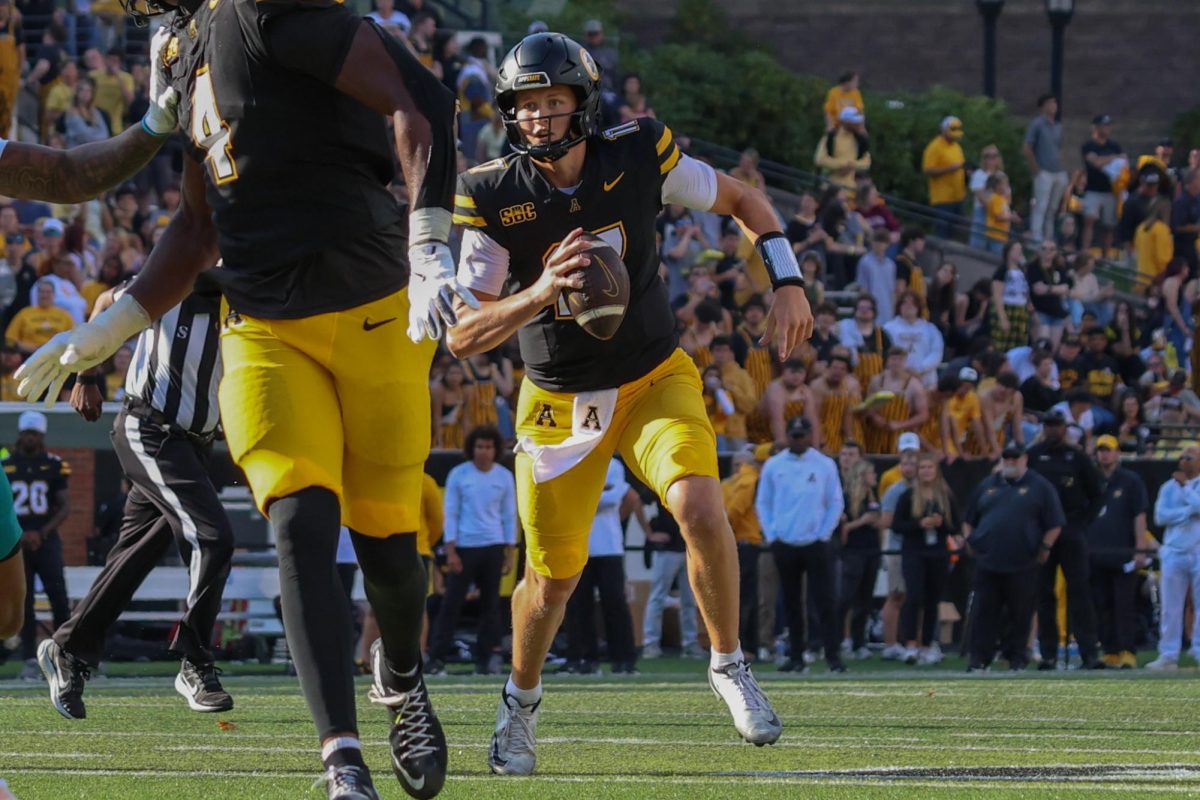Before the fall semester comes to an end, campus organizations are planning ahead to enter the new year with forward-facing goals.
Jordan Kessler, Mountaineer Recovery community coordinator, said one of Mountaineer Recovery’s missions is to make campus more recovery friendly.
Kessler said since the college environment can make students susceptible to developing or relapsing addiction, the community hosts events like an annual sober tailgate to ensure students who are recovering from addiction can safely participate in college experiences.
Additionally, they focus on destigmatizing addiction by informing people about how recovery applies to more than just substance use.
“It’s an invisible disability essentially,” Kessler said. “We just want people to see that it can happen to anyone.”
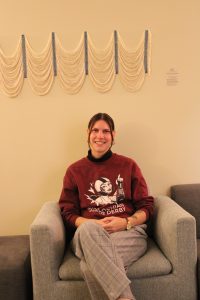
Kessler said a big part of achieving that goal is simply growing their participation in weekly support groups. She said the organization has seen growth in the community each semester since she joined about a year and a half ago, and continuing that trend is a priority.
“We had no participation at first, and now we have, you know, somebody in almost every one of our groups,” Kessler said.
Their All-Recovery group offers help to students who are looking to start or maintain their recovery journey for substance and/or behavioral addictions, like disordered eating.
They also offer a Friends and Family group, which provides attendees with skills to help communicate with their loved ones who are struggling with addiction, and to understand more about what their loved ones are experiencing.
Their support groups use Self-Management and Recovery Training Recovery techniques, which is an evidence-based program designed to help attendees manage cravings, cope with triggers and build a balanced, fulfilling life.
“The only caveat is that people ideally go to the group that fits best with them,” Kessler said. “Someone going to SMART Recovery Friends and Family wouldn’t go to an All-Recovery meeting unless they’re also in recovery.”
On their Engage roster, the community has 16 registered members, but group attendance varies.
“We’re small, but we’re mighty,” Kessler said.
Looking at another on-campus organization, Edgar Jaimes-Ramos, vice president of the Latin Hispanic Alliance, said one of their goals also involves destigmatization.
He said people outside of the organization often view them as “the Mexican club,” so they’re aiming to move away from that misconception to foster more engagement.
“We really try to be inclusive to everybody, so we’ve been inviting our personal friends that are from different ethnicities,” Jaimes-Ramos said. “We’ve tried to tailor it more towards a more broad, open general public.”
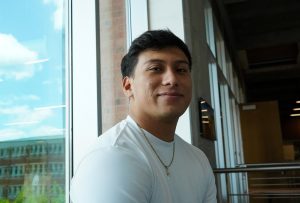
Jaimes-Ramos said two of their executive board members are not of Hispanic ethnicity and help offer an outside perspective while planning events and meetings.
“I think with us having them up there, and showing that they do have a voice and that they can be part of us, brings in more people,” Jaimes-Ramos said.
Along with their general mission of providing a space for students to experience Hispanic culture on campus, Jaimes-Ramos said the organization has been in contact with the Alumni Center about starting a Hispanic and Latin-based alumni group.
“That’s kind of something big that we’re working on,” Jaimes-Ramos said. “It takes a lot of people, and it takes somebody that is an alumni that’s willing to put in that work outside of it.”
Bella Ladue, campus manager of App State Student-Made, said her organization also takes alumni into consideration. Since student-creators are registered as their own business, Student-Made’s campus-wide headquarters has an alumni program so graduates still have a way to sell their products.
“Overall, we want our creators to be as successful as possible,” Ladue said. “And I think that is like the number one thing.”
Ladue said a big part of what dictates success for their creators is sales, which are heavily reliant on the organization’s website logistics and traffic.
“We want as much positive traffic as we can get, so we’ve really been trying to promote it more,” Ladue said.
Beyond the joining fee, Ladue said Student-Made doesn’t take any percentage out of their creators’ pay. Additionally, if a buyer does not select on-campus pick up, the organization pays for the shipping labels of all online orders.
“That is such a different thing, and this club gives people the resources to do it,” Ladue said.
Ladue said there is no cap on the amount of creators Student-Made can have, and people who are interested in joining can do so through their website.
“I’m nowhere near the arts, so it gives me an outlet to still have that part of myself,” Ladue said. “This makes you make time for it.”
President of Appalachian Educators Katlyn Poole said her club aims to provide future teachers stills they can use both inside and outside the classroom.
“We’re continuing to develop leaders that graduate from school, and graduate from being in App Ed, that are ready to go in their communities and be ready as educators,” she said.
Poole has nine committees she oversees as president, and one of her goals is to continue to provide them with proper support and encouragement.
“We’re kind of at that point in the semester where people are getting tired and there’s finals, so coming back in the new semester makes sure that we’re getting re-energized,” she said.
In addition to their normal professional development opportunities on topics such as teacher burnout, Poole said App Ed plans to participate in events like Read Across America with local schools, a program that promotes childhood literacy by having volunteers read throughout schools.
“Anyone is able to join as long as you care about kids, and want to make the world a better place,” Poole said. “You’re really creating a network not just while you’re here in Boone, but one that’s going to last far after graduation.”


